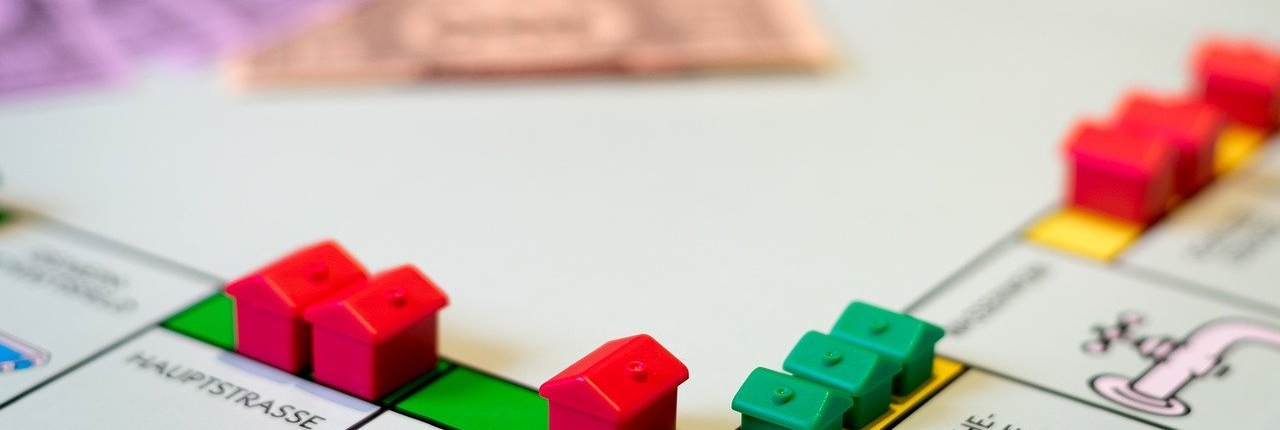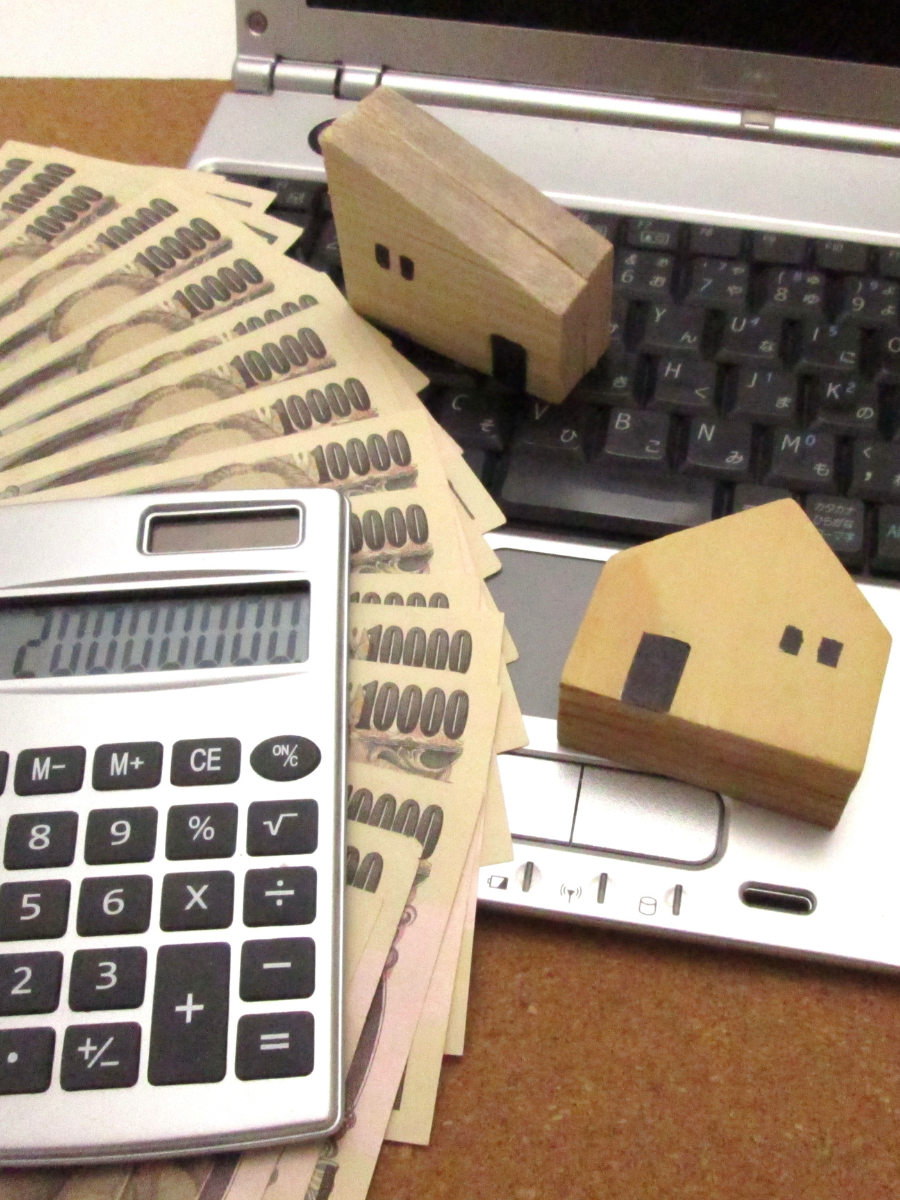-MENU-
Main Menu
SEARCH AREAS
Main Menu
BLOG CATEGORIES
Main Menu

There are thousands of different ways to invest money, but I believe that investing in real estate is the surest way for someone to find financial freedom and create generational wealth. There are quite a few reasons, but they mainly deal with 3 core concepts: leverage, necessity/utility, and tax mitigation.
1. Leverage means that we can use debt to buy real estate. Often this debt is at a very low interest rate that is fixed over a 30 year term, making it safe debt to have, unlike your credit card.
Leverage is the most powerful thing about investing in real estate, here’s why:
Let’s say you want to buy $100,000 in a company’s stock. Typically, this will be done in an all-cash transaction. $100,000 in cash will get you $100,000 in stock. Simple.
You can use leverage to buy stock. This is called buying on “margin”. The problem with margin is that if the value of your stock goes down, your margin lender can require you to send in more cash in what’s called a “margin call”. Basically, let’s say you use $50,000 to buy $100,000 in stock, using a margin loan for the other $50,000. If the value of your stock goes down to say, $80,000, your lender can say “hey asshole, pay me $20,000 by 5:00 PM today or I sell some of the stock in your account.” With real estate, your mortgage lender cannot call your note due, even if the value of your house drops by 99%. As long as you continue to make payments on time, the house is still yours.
Anyway, back to the example. We bought $100,000 in stock straight cash, because we don’t want to mess with a risky margin loan. Let’s say that a year later, our stock is 10% more valuable, making our investment $110,000. Awesome – we made $10k! Let’s also say that this stock was paying a dividend yield of 1.5%, which is pretty typical. This means that they also paid us dividends equal to $1,500. Great – our investment is worth $111,500! Cool – that’s a 11.5% return on investment. Pretty good for a year!
Now, let’s apply that same example to a real estate investment, and let’s look at the power of leverage. Let’s say it’s a $100k house. Typically, you’ll be able to get a mortgage loan for 20% of the purchase price, so we need to come to the table with $20k. Factoring in closing costs, that’ll be about $25k. So we buy a $100k house for $25k in cash, taking out an $80k loan for the rest.
Let’s say that our house appreciates the same 10%, making it worth $110k at the end of a year. Let’s also assume that our tenant paid enough rent to cover all expenses, and on top of that we were able to cash flow $2k on the year – not bad! Let’s also assume that we paid down $3k worth of the loan balance over the course of the year. So that makes our total gains on the year equal to $15k.
Here’s the fun part – you might be thinking that our return on investment is 15%, since the house cost $100k – but our investment was actually only $25k. We made $15k on a $25k investment, which makes our return on investment a whopping 60%! Incredible!
Now of course, leverage works both ways: just as leverage amplifies our gains, it amplifies our losses. This is why it’s important to make sure that we can collect enough rent to cover our mortgage payments, and then some. Time heals all wounds in real estate, and even folks who bought a rental in 2005 are now sitting pretty if they’ve been able to hold onto the house through the housing crisis back in 2007-08. The only way to hold through the bad times is to make sure that the property can be rented. This ties into the necessity principle.
2. Necessity or utility means that people need a place to live. Shelter is right up there with water, food, and air. As long as people prefer sleeping in a house over the cold hard ground, they will be willing to pay for it.
This is pretty simple: everyone needs a place to live. The principle of necessity doesnot mean that you can never make a bad real estate investment. Far from it. What it does mean is that the value of real estate will never go to zero. Whereas a company can go bankrupt and the value of your stock goes to zero, real estate will always be worth something. Furthermore, people will always be willing to rent it (unless you never make any repairs). Rent is relatively inelastic, meaning that the prices do not typically fluctuate wildly. And they almost never go down more than 10%, even during a bad recession.
Now, catastrophic local events can have a serious impact on values and rental rates. A town that is anchored by one major employer will see rental rates and real estate values collapse if that employer leaves, for example.
3. Tax mitigation means that owning real estate provides some great tax-reduction benefits that we can use to lower our tax bill.
The tax benefits to owning real estate are huge. When you own a rental, all expenses can be written off your income, which is nice. The biggest thing about owning a rental is depreciation – let’s talk about it.
You know how when you buy a new car and drive it off the lot it’s instantly worth less? That’s depreciation. Got it? Good.
We can also depreciate real estate on our taxes, regardless if the house actually becomes worth less or not. What does this mean? Basically, the IRS tax code says that, every year, we can deduct from our taxes an amount equal to 1/27th of the purchase price of the home. So that home we bought for $100k depreciates $2,700 each year in the eyes of the tax man (even though we know the house actually worth more now than it was when we bought it)! We can take that $2,700 and deduct it from our taxes. You remember that $3k of profit that we made from our rent? We can wipe out all but $300 of that on our taxes and only pay income tax on that $300. How cool is that!
Now, the flip side of that is a nasty little thing known as depreciation recapture. Say we sell that house 10 years down the line, after depreciating it a total of $27,000. The IRS is now going to want us to pay capital gains tax on that $27,000, in addition to whatever additional profit we made. That stings, but there are ways to avoid it. The first is never selling until we die, and then our kids can step-up the cost basis of the house when they inherit it (unless we died incredibly wealthy, which would be a great problem for our kids to have).
The other way is what’s called a 1031 exchange, which is a cool little tax trick where you can sell your rental and turn around and buy one that is at least $1 more expensive. You will then roll all of those capital gains that you would have had to pay tax on into your new rental. Then, just keep doing 1031 exchanges until you die and boom! Now your kids can deal with that shit!
And here’s one of my favorites. Say you want to take a trip to California. Great. Now, let’s say you’re interested in checking out some deals out there, or just getting to know the real estate market. All you have to do is set up an afternoon to tour around with a real estate agent and look at properties and boom – now it’s a business trip! You can write off your flights and you can write off hotel and meals for the day or days that you actually do real estate investing-related activities. Can’t write anything off your stock gains just by looking at the New York Stock Exchange! There are some other cool tax strategies, but way too many to list out. It’s best to know your situation and chat with someone who knows more, and to do your own research.
Other benefits
Leverage, necessity, & tax benefits all go a long way to explaining why I love real estate investing, but let’s hash out one more crucial thing: cash flow.
When we talked about leverage, we saw that our rental property was bringing in $3000 each year of cash flow after all expenses were paid. This $3000 accounts for about 12% of our initial investment of $25k. This 12% is what’s known as our “cash on cash” return, and can be compared to dividend yield on a stock. 12% is an incredible number to get on a rental property, and this means that in a little over 8 years, our rental income will have paid us back the $25k we initially invested (assuming you keep the rents the same, but in reality, you’ll probably raise rent).
Here’s the cool part: if we’re diligent, we can save that cash flow to apply to a new purchase.
Let’s say it took us three years of saving to save up the $25k to buy that rental, and let’s assume that we continue to make the same exact salary from our job, and save at the same rate. That means we saved about $8,300 each year. Now, if we add on that $3k in cash flow from our rental, we are saving $11.5k each year, which means that we would have saved enough for the next rental after only 2.2 years instead of 3.
Then, we add another rental, making us an additional $3k each year. Now we’ve saved the $25k in only 1.7 years, and we buy another. In 1.4 years we’ve saved enough for another rental, then it takes 1.2 years, then 1 year, then .9 years. The more rentals we buy, the faster we can buy more. Ownership of rental properties snowballs, and as you build more income and learn more about investing, you will be able to turn your growth exponentially.
Written by: Pat Wilver
We’re here to assist every step of the way.
CALL •• TEXT •• EMAIL
-MENU-
SEARCH AREAS
BLOG CATEGORIES

One of our expert agents will create a complimentary, personalized report that reveals your property’s potential. Together, we’ll strategize to maximize your return, ensuring you reap the benefits from your real estate investment.